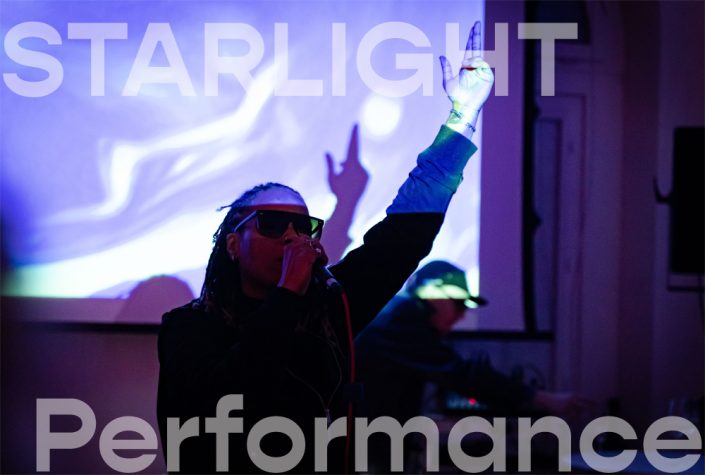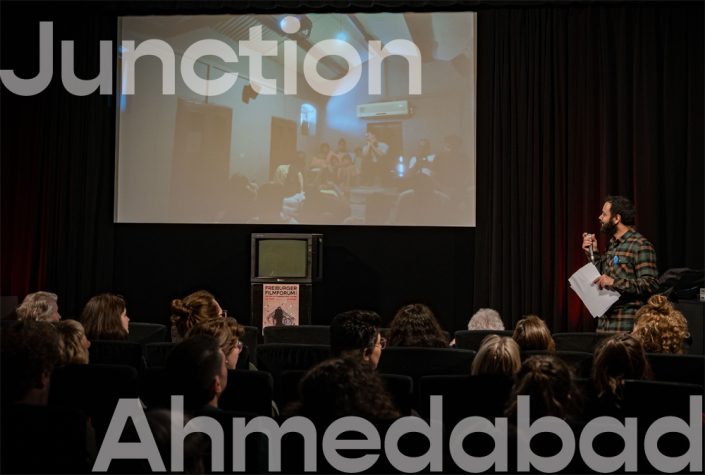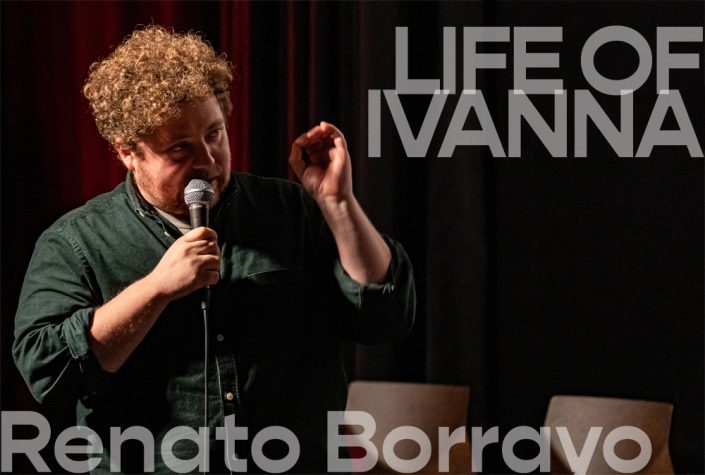Even though China does not celebrate Christmas, there are over 600 Christmas-decoration factories in Yiwu, China. They are often run as a family business and manufacture year round, employing people from across the country. This observational documentary focuses on several of them, located in and around Yiwu. There are no high-tech machines, just people working really hard putting glitter on baubles, pom poms on Christmas hats and assembling Father Christmases.
The camera trails the workers at the factory and elsewhere – their conversations, love issues, a game of pool, shopping and eating, and the calls home, far away from Yiwu’s prosperity. People joke about child labour in China, complain about the heat, but basically everyone seems to accept this artificial, surreal society where your colleagues are your new family and the factory is home. A portrait without voice-over of a place created where communism and globalism intersect and transform one another. (IFFRotterdam)
Best Documentary, Sarajevo Film Festival 2020
Mladen Kovačević, born 1979. Serbian filmmaker and founder of Horopter Film Production. He studied fiction filmmaking in London and Cape Town, but dedicated himself to documentaries in past years. His films UNPLUGGED (2013, about a musical tradition of blowing on tree leaves) and WALL OF DEATH, AND ALL THAT (2016, about a nomadic fairground artist) were multi-awarded in festivals as HotDocs, CPH:DOX, FIDMarseille, DOK Leipzig. The essayistic portrait of a mountaineer 4 YEARS IN 10 MINUTES (2018) received the Special Mention at Visions du Réel, Grand Prix at Beldocs and was featured at IDFA Best of Fests. Eurodoc alumni, his fourth film MERRY CHRISTMAS, YIWU was made in coproduction with ARTE and Doha Film Institute.
Director: Mladen Kovačević
Cinematography: Marko Milovanović
Editing: Jelena Maksimović
Composer: Olof Dreijer
Sounddesign: Patrik Strömdahl
Production: Horopter Film Production
Distribution: Deckert Distribution, Hanne Biermann info@deckert-distribution.com









